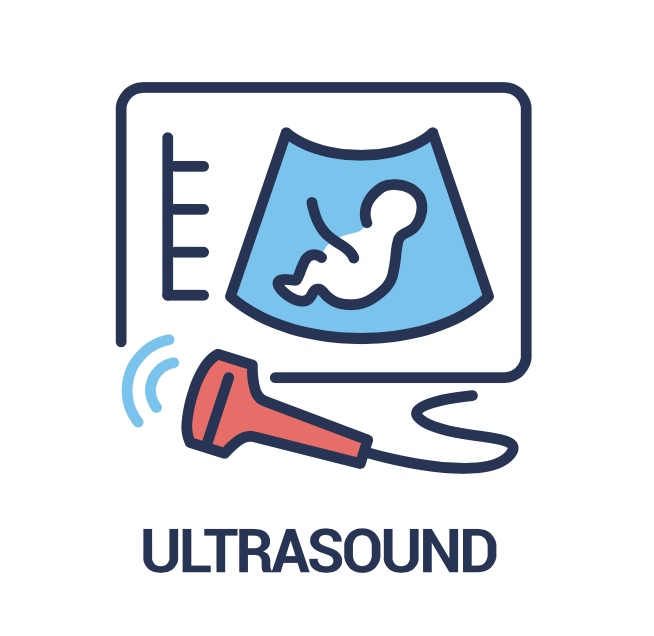Research into the Gifted Dyslexic population remains scarce, but there have been a few articles in the last years that may be helpful in identifying and supporting these students. One difficulty interpreting data from twice-exceptional research is that studies that...
Stealth Dyslexia
From the first edition of our book, The Dyslexic Advantage: "Early in school most—but not all—dyslexic children will show obvious struggles with reading and spelling. (A few, whom we’ve elsewhere called stealth dyslexics, have problems so subtle or “stealthy” that...
Highly Gifted with Dyslexia (It may not look like what you think!) [Premium]
A recent article caught my eye on CNBC. It was titled, 5 Signs Your Kid is ‘Highly Gifted’ According to Neuroscience Experts – ‘They’re Not Always Well-Behaved. From the article – the five signs: – asynchronous development – emotional depth and sensitivity at a young age – existential questioning – unique interests or a mature sense of humor – underachievement at school The author is from the Davidson Institute, a charity supporting profoundly gifted students (99.9th percentile). Davidson Scholars can be twice-exceptional (gifted with LD) which includes gifted students with dyslexia. Years ago when we had an international practice testing dyslexic students, we saw many gifted dyslexic students through the Davidson Institute. The definitions of highly and profoundly gifted may vary depending on what tests […]
In Memoriam: Beryl Bennaceraf, Ultrasound Pioneer
"What helped me was realizing that there was silver living, that it wasn't all negative....in radiology... pictures just speak to me. I can look at a picture and I can see the pattern. I can see things that nobody else can see." — Beryl Bennaceraf, MD With great...
Co-founder Brett Kopf’s Journey to Success with Remind and Omella
"...Can I just start off by making a blanket statement that I think dyslexia can be such a gift?" — Brett Kopf Brett Kopf is co-founder of Remind and Omella, two companies that grew out of his interest in solving problems that mission-driven organizations and...
Gifted with Dyslexia Middle School : Move Ahead or Fall Back? [Premium]
Question: My daughter is in middle school and although she’s qualified for advanced programs, I’m not sure whether it is a good idea to keep her in those classes or move her back. What should she do? Answer: For gifted dyslexic students, decisions on whether to move ahead or hold back depends on several factors. STRENGTHS AND CHALLENGES First, it’s best to take an honest look at a student’s strengths and challenges. Students with very high conceptual and oral verbal abilities may find it frustrating being placed in classes that have little intellectual challenge or verbally-matched peers. Highly gifted twice-exceptional students may have trouble feeling that they fit in, but poor fits can also contribute significantly to poor self-esteem, behavioral problems, and mood disorders like […]
Intelligence Matters: Why Dyslexia Testing Should Include IQ
After the initial rush of excitement that dyslexia screening and funds for teacher training would come available to many public school students in the United States, there is now a steady wave of reality becoming apparent. What is passing for dyslexia screening varies...
Building Spatial Talents [Premium]
“…Spatial reasoning has been key to numerous scientific advances, such as the discovery of the double-helix structure of DNA and the epidemiological research using maps to discover the true source of cholera outbreaks. It is also essential to many 21st-century careers, particularly in science and engineering… But are we able to see and support these particular kinds of talent in our classrooms?” — Lakin and Wai, Phi Delta Kappan What are spatial talents? In short, they are talents that involve visualizing objects and places in 3d and being able to manipulate them at will. These are talents that seem rich within the dyslexic community, but may be overlooked or neglected in conventional school activities. It’s an important strength set to recognize because it tends […]
Dyslexic Super Learners [Premium]
“This isn’t how I think either; this is how I have trained myself to think, because it works.” – Kevin Horsley, World Memory Champion and author of Unlimited Memory It seems surprisingly common that dyslexics are found among the world’s super-learners. It might be that all share a passion for understanding their memory strengths after suffering what may have been years in the school system, not realizing how to use their gifts. It also might be that dyslexics as a group have strengths in metacognition, especially when studied in selected groups like those found in universities. When Kirby and colleagues studied dyslexic and non dyslexic students in college, his study group of dyslexic students were more likely to use metacognition (i.e. thinking about their thinking), […]
Visualization Pathway: Creative Discovery
The notion of creative visualization dates back at least from the time of ancient Rome when Cicero commented about his "mind's eye." Since that time, many of the world's greatest inventors and scientists, and writers and artists, athletes and entrepreneurs, have...
The Visual Poetry of Rebecca Kamen
Dyslexia and Mapping Out the Mind [Premium]
When Dan Pink wrote his book about the world needing more skills of the Conceptual Age, many in the dyslexia community couldn’t help but notice that his list looked a lot like common lists of dyslexic strengths: – Artistry – Inventiveness – Big-picture thinking – Pattern recognition – Empathy The implications for education and careers were straightforward. The goals of education and satisfying work should not be mere mastery of information, but a mastery of concepts that could be used flexibly to solve problems and create things that are new. Pink is not a neuroscientist; he is a popular author and observer of trends. Where are we now in our understanding of “dyslexic thinking”? There are many interesting lines of thought coming together these […]

![Research Updates in Gifted Dyslexics [Premium]](https://www.dyslexicadvantage.org/wp-content/uploads/2024/03/Research-Updates-in-Gifted-Dyslexics-A-400x250.png)

![Highly Gifted with Dyslexia (It may not look like what you think!) [Premium]](https://www.dyslexicadvantage.org/wp-content/uploads/2023/05/Highly-Gifted-e1683553266424-400x250.jpg)


![Gifted with Dyslexia Middle School : Move Ahead or Fall Back? [Premium]](https://www.dyslexicadvantage.org/wp-content/uploads/2022/11/studying.png)

![Building Spatial Talents [Premium]](https://www.dyslexicadvantage.org/wp-content/uploads/2022/10/Building-Spatial-Talents.png)
![Dyslexic Super Learners [Premium]](https://www.dyslexicadvantage.org/wp-content/uploads/2022/10/Dyslexic-Super-Learners-C.png)


![Dyslexia and Mapping Out the Mind [Premium]](https://www.dyslexicadvantage.org/wp-content/uploads/2021/10/Dyslexia-and-Mapping-out-the-Dyslexic-Mind-1-400x250.png)













